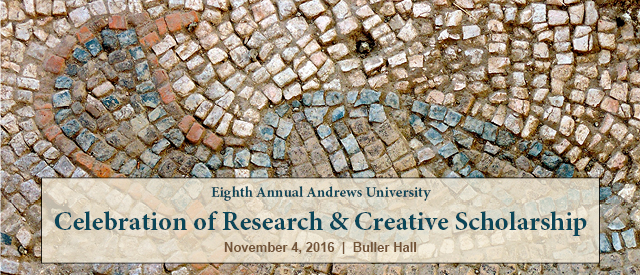P-12 Woke Shakespeare: Othello and Appropriation
Presenter Status
Assistant Professor, English
Preferred Session
Poster Session
Start Date
4-11-2016 2:00 PM
End Date
4-11-2016 3:00 PM
Presentation Abstract
Scholar Peter Erickson has called Othello Shakespeare’s emissary to the world; narrowing in focus, Francesca Royster asserts that Americans use Othello as a means of understanding race and Otherness. Though differing in scope, these statements present a similar view of the play and its eponymous protagonist: due to its depiction of a black Other in white society, Shakespeare’s famous tragedy has both an enduring international and nationally specific appeal. The tacit idea underlying these statements is the understanding that Othello remains relevant for contemporary culture since its exploration of the creation of self and Other through the blackamoor of Venice speaks to ongoing discussions about race, identity, and alterity so prevalent in our modern world.
Precisely how and why Othello continues to appeal to modernity is my project’s focus. My book examines contemporary Western, and predominantly American, appropriations of Othello in order to explore the racial discourses and representations that we attempt to privilege through Shakespeare’s authorizing imprimatur. By turning to a wide range of “texts” that either adapt the play or which make reference to the play and/or its characters—plays, novels, film, graphic novels, podcasts, etc.—I consider how modern conceptions of race and gender have shaped depictions and deployments of Othello. An important part of this consideration is attention to the importance of the choices made in the process of adaptation and/or appropriation. Ultimately, this project seeks to interrogate the use of Shakespeare, via Othello, to reify or push back against particular racial discourses and representations.
P-12 Woke Shakespeare: Othello and Appropriation
Scholar Peter Erickson has called Othello Shakespeare’s emissary to the world; narrowing in focus, Francesca Royster asserts that Americans use Othello as a means of understanding race and Otherness. Though differing in scope, these statements present a similar view of the play and its eponymous protagonist: due to its depiction of a black Other in white society, Shakespeare’s famous tragedy has both an enduring international and nationally specific appeal. The tacit idea underlying these statements is the understanding that Othello remains relevant for contemporary culture since its exploration of the creation of self and Other through the blackamoor of Venice speaks to ongoing discussions about race, identity, and alterity so prevalent in our modern world.
Precisely how and why Othello continues to appeal to modernity is my project’s focus. My book examines contemporary Western, and predominantly American, appropriations of Othello in order to explore the racial discourses and representations that we attempt to privilege through Shakespeare’s authorizing imprimatur. By turning to a wide range of “texts” that either adapt the play or which make reference to the play and/or its characters—plays, novels, film, graphic novels, podcasts, etc.—I consider how modern conceptions of race and gender have shaped depictions and deployments of Othello. An important part of this consideration is attention to the importance of the choices made in the process of adaptation and/or appropriation. Ultimately, this project seeks to interrogate the use of Shakespeare, via Othello, to reify or push back against particular racial discourses and representations.




Acknowledgments
I am grateful to have received a 2016 Faculty Research Grant from Andrews University.